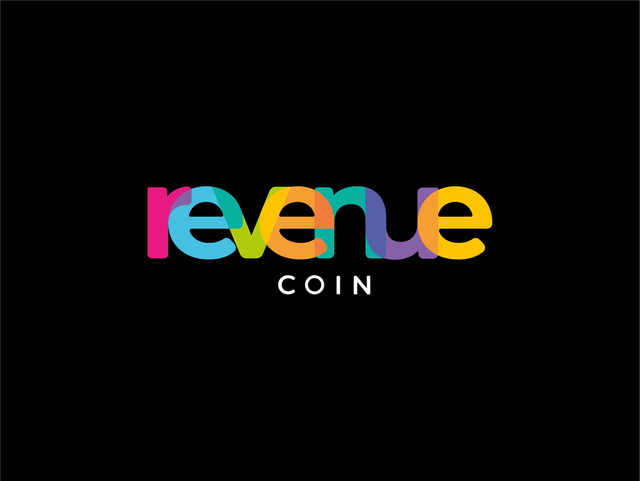The advent of the blockchain has rapidly changed the landscape of the tech industry. In just a few short years, the focus of development has shifted from isolated, siloed, and privatized information systems to decentralized, independent and permissionless ledgers. More recently, the rapid growth of Ethereum has brought smart contracts and DApps to the forefront. Ethereum-based smart contracts give the ability to utilize the blockchain and cryptoeconomic principles across countless industries and implementations. However, they currently don’t have a decentralized and authoritative oracle to determine and verify location. The XYO Network solves this problem by creating a layered location verification service that is effective across many device classes and smart contract protocols. It’s based on a set of novel cryptographic mechanisms, Proof of Origin and Bound Witnesses, which tie together the power of the blockchain and real world data collection into a system with direct applications today.
The goal of the XYO Network
The goal of the XYO Network is to create a trustless, decentralized system of location oracles that is resistant to attack and produces the highest certainty possible when queried for available data. They accomplish this through a set of abstractions that greatly reduces the risk of location spoofing through a chain of zero-knowledge proofs along the components of the system.
XYO Network Components Get Rewarded for Their Work
The components along the Proof of Origin Chain get paid for their involvement in fetching the answer to the query. Sentinels, Bridges, Archivists, and Diviners are all rewarded for their work. In the case that the same query is asked more than once, more than one answer may be produced since the answer that is produced at a given moment is based on the available heuristic the system can offer at that time. Submitting an answer to the blockchain takes two steps. First, an analysis must be done to determine the Best Answer to a query. If multiple answers are generated by the system, then nodes will compare the answers and always choose the better answer.
XYO Network Use Cases
The XYO Network’s usage has vast applications that span a multitude of industries. Take for example an eCommerce Company that could offer its premium customers paymentupon-delivery services. To be able to offer this service, the eCommerce company would leverage the XYO Network (which uses XYO Tokens) to write a smart contract (i.e. on Ethereum’s platform).
The XYO Network could then track the location of the package being sent to the consumer along every single step of fulfillment; from the warehouse shelf to the shipping courier, all the way into the consumer’s house and every location in between. This could enable eCommerce retailers and websites to verify, in a trustless way, that the package not only appeared on the customer’s doorstep, but also safely inside their home. Once the package has arrived in the customer’s home (defined and verified by a specific XY-Coordinate), the shipment is considered complete and the payment to the vendor gets released. The eCommerce integration of the XYO Network thusly enables the ability to protect the merchant from fraud and ensure consumers only pay for goods that arrive in their home.
XYO Token Specifications
The public token sale has a tiered pricing structure that starts at 1 ETH: 100,000 XYO and maxes out at 1 ETH: 33,333 XYO. Details regarding their volume and time based pricing structure will be announced soon.
• Smart contract platform: Ethereum
• Contract Type: ERC20
• Token: XYO
• Token Name: XYO Network Utility Token
• Token Address: 0x55296f69f40ea6d20e478533c15a6b08b654e758
• Total issuance: Finite and capped at the amount reached after the Token Main Sale
XYO Network
For more information,visit the Website-https://xyo.network/ or read the Whitepaper-https://docs.xyo.network/XYO-White-Paper.pdf

No comments:
Post a Comment